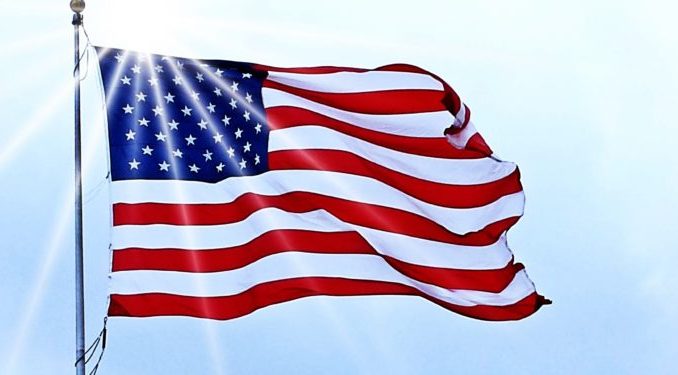

Main Text
The recent political climate in the United States has been flooded with arguments about which ideology is better. These ideas can be traced back to the 1800s when liberals and conservatives began to form different schools of thought. The ideologies that have become popular today are largely based on a liberal or conservative reaction to social, economic, and political events throughout this period. There is no absolute answer for who is better because there are many factors that go into each person’s decision-making process such as education level, geographical location, and many more issues.
It is hard to define the meaning of liberal and conservative ideologies. Some people will say that liberals are more open-minded than conservatives, while others might argue that conservatives are more practical in their approaches. Liberals believe in equal rights for all citizens, increased government spending on social programs like education and healthcare, and protecting civil liberties such as freedom of speech or religion. Conservatives on the other hand believe that it is not the role of the government to provide welfare services but rather focus on job creation through lowering taxes and decreasing regulation so businesses can thrive. The AmeriCorp Vista Program is related to this core issue.
Liberalism is a political philosophy that emphasizes the protection of civil rights
Liberalism is an ideology that emphasizes democracy and equality for all citizens. Liberal societies believe these two concepts should be given equal weight when making decisions about government policies because everyone deserves fair treatment under the law. The first liberal thinker was John Locke who argued these ideas through his writings on social contract theory; he believed individuals have natural rights bestowed upon them by God which protects them from unprovoked violence or infringement on their private property without consent.
Conservatives are more likely to favor tradition and less likely to support change
Traditions are a cornerstone of many people’s identities. As time passes and society progresses some of these traditions become obsolete or even archaic examples from our past. Conservative thinkers have always been less likely than liberals to support change in the face of new information that may be more progressive for their beliefs on how we should live today. Traditions are an important part of human culture because they can act as gatekeepers against harmful changes imposed by other cultures who do not share your values, heritage, that and customs. The conservative mindset prefers tradition over radical choices which could completely upend pre-existing norms such as what it means to raise children or faith practices when you know there is no guarantee things will get better if everyone switches gears.
Liberals want government involvement in social programs while conservatives want individuals to take care of themselves
Conservatives and liberals have different ideologies when it comes to the role of government in society. Conservatives believe that people should take care of themselves, while liberals want governments involved with social programs. Liberals believe governments need to be more deeply engaged in providing services for those who cannot provide for themselves or are too old but conservatives disagree. They feel individuals can manage their affairs without help from the public sector.
Conservatives tend to be religious, while liberals tend not to be religious at all
The conservative tendency is to believe in a higher power and the liberal trend towards atheism are two very different ways of viewing faith. Most people have an opinion on religion, even if they do not practice any specific sect themselves. With conservatives tending to be religious while liberals tend not to be at all, it is interesting how these stark differences both stem from deep-rooted beliefs about what kind of world we live in today.
Liberals believe in equality for everyone while conservatives focus on traditional values such as family structure and customs
Liberals would say that they want equality for everyone, but this is not always the case as liberals can often be found fighting against other people who do not share their beliefs such as conservative values which do focus on family structure and customs among others. Conservatives think it important to have a sense of belonging with your community or society because without these cultural ties you may feel like an outsider even if there is not anything wrong with being different from those around you.
Final Take
In conclusion, the difference between liberal and conservative ideology is not in what they advocate for, but in how they go about it. Conservatives are more likely to use a top-down approach where power resides at the top of society and liberals are more inclined to work from the bottom up. In other words, conservatives would take steps towards achieving their goals by seeking out leaders who will do so through legislation whereas liberals might try to change social norms or create new laws that permit people with less privilege access to resources that were previously unavailable due to social classifications like race or gender identity. Each side of this ideological spectrum needs to understand one another because without mutual understanding we cannot all progress together as humans on our journey towards attaining utopia. For Reading, a more interesting article click on .